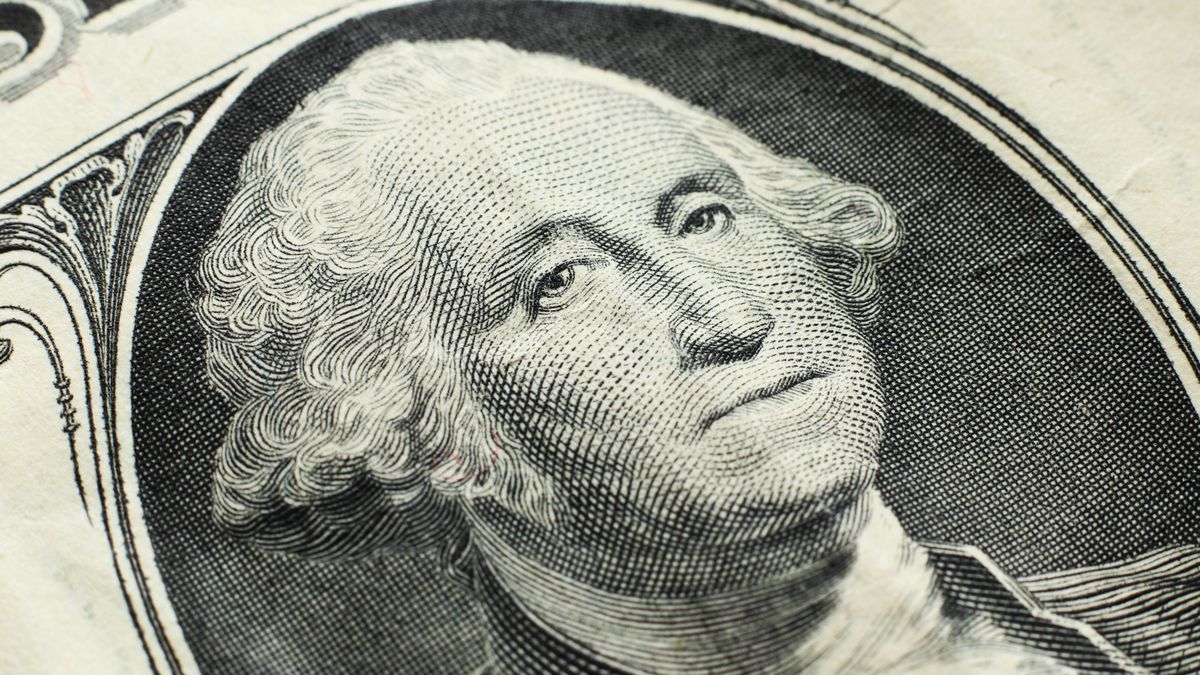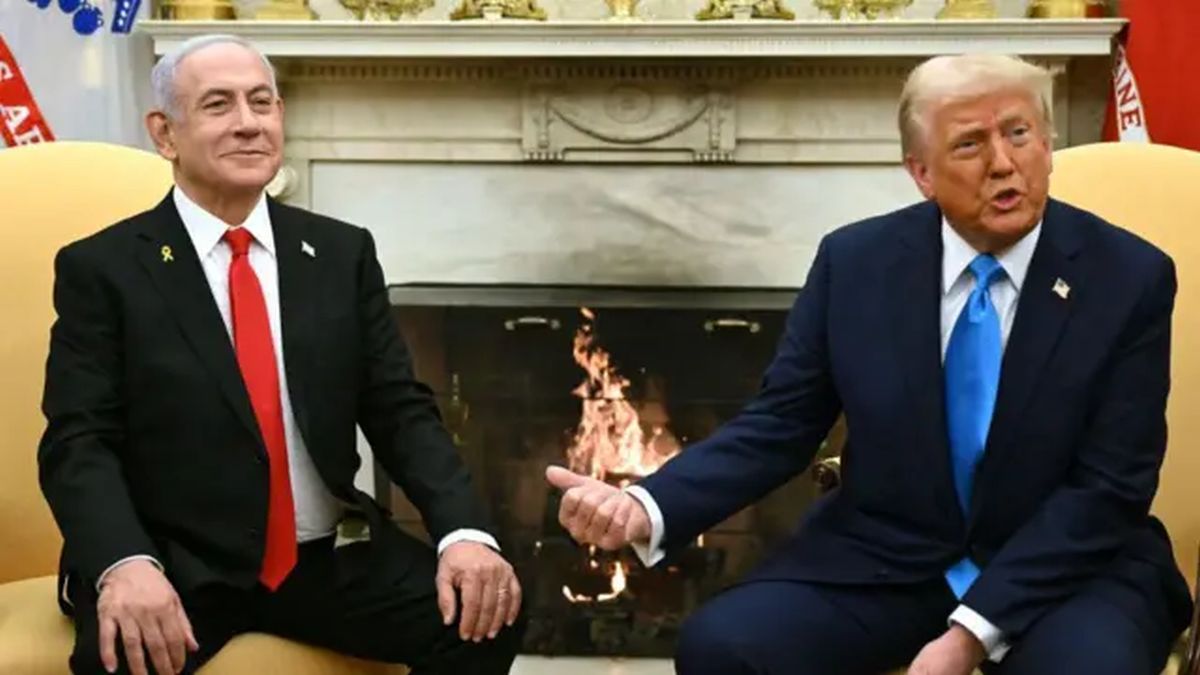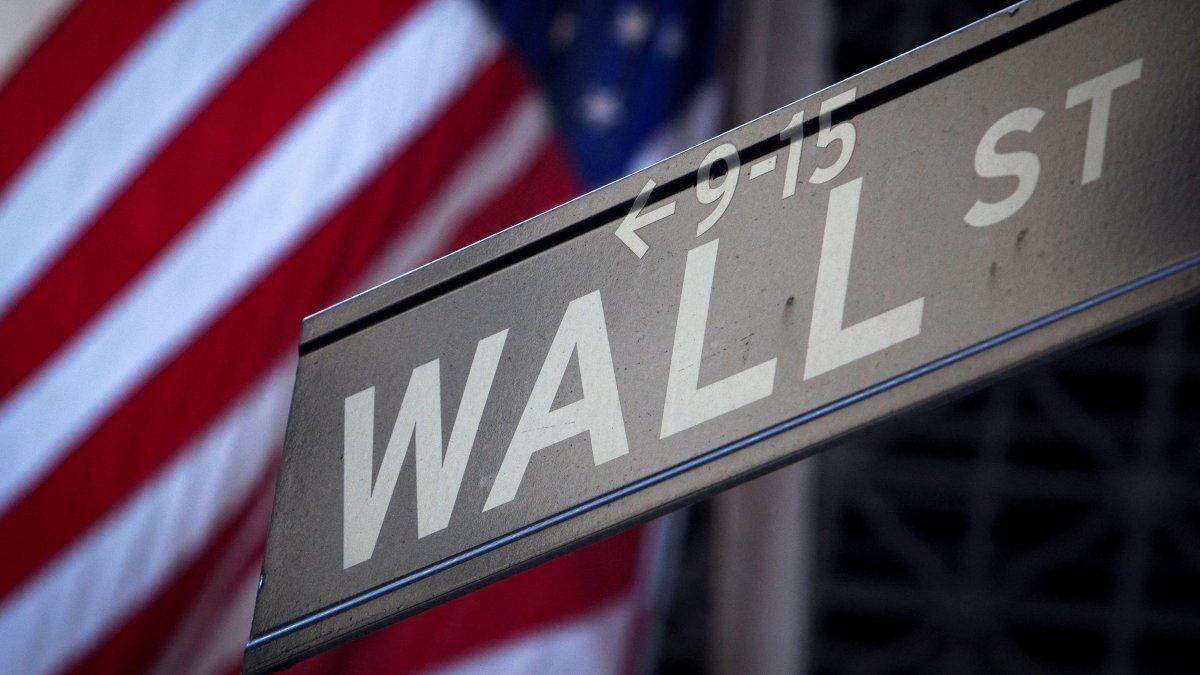Federal Reserve officials remain divided on the need for a central bank digital currency (CBDC) and have just completed a four-month public comment period soliciting comments on the idea.
Brainard has been in favor of the idea, while other Fed officials, such as Governor Christopher Waller, are more skeptical, pointing out that many dollar transactions are already digital, in addition to raising privacy concerns.
The Fed as a whole has indicated it would not launch one without clear support from the White House and lawmakers. He reiterated that no decision has been made, and he acknowledged the risks, but noted that in a rapidly digitizing world the creation of a digital currency could help ensure the stability of the financial system as crypto assets and digital currencies developed by other countries become increasingly popular.
Lael Brainard..jpg
Lael Brainard, Vice President of the Fed
“We recognize there are risks to not acting, just as there are risks to acting,” Brainard said during a hearing on the issue before the House Financial Services Committee, noting that even if one were agreed to, it would take maybe five years to launch a digital dollar.
That puts it behind its other major global central banks, such as the ECB, the Bank of Japan and the Bank of England, in the process of possible adoption. China is currently testing its own CBDC, and in total, nine countries have launched one and another 87 are exploring the option, according to the Atlantic Council think tank.
The risks of cryptocurrencies and loosely regulated stablecoins, whose value soared during the COVID-19 pandemic, have come to the fore with the sharp decline in the cryptocurrency market this month following the crash of major stablecoin terraUSD.
The leading cryptocurrency, Bitcoin, has fallen more than 50% since November. “These events highlight the need for clear regulations that protect consumers and investors, safeguard financial stability and ensure a level playing field for competition and innovation throughout the financial system”Brainard testified before the commission.
Unlike cryptocurrencies, which are typically managed by private actors, a CBDC would be issued and backed by the central bank.
If the United States goes ahead with creating one, Brainard said the Fed should mitigate the risk of “bank disintermediation,” given its centrality in the financial system, by limiting, for example, the amount an individual could hold or transfer. .
Source: Ambito
David William is a talented author who has made a name for himself in the world of writing. He is a professional author who writes on a wide range of topics, from general interest to opinion news. David is currently working as a writer at 24 hours worlds where he brings his unique perspective and in-depth research to his articles, making them both informative and engaging.




